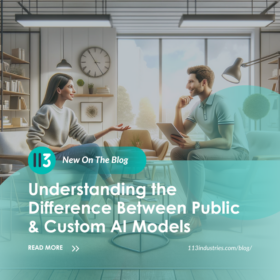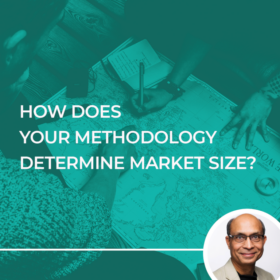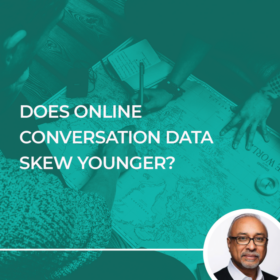In the dynamic field of market research, traditional techniques like focus groups and surveys have remained committed to their role of gathering valuable consumer data. However, the paradigm is shifting as innovative companies like 113 Industries recognize the limitations of these traditional approaches and embrace the power of machine learning, AI, and natural language processing to unearth deeper consumer insights. This transformation ushers in a new era in understanding consumer needs and generating groundbreaking brand, product, marketing, and business strategy ideas.
The Limitations of Traditional Methods
Traditional focus groups and surveys come with their respective grade.They are efficient in addressing specific questions and gauging immediate reactions to products or services. Yet, they fall short when it comes to delving into the nuanced and often subconscious aspects of consumer behavior. These methods are inherently constrained by the structured nature of the questions posed, limiting the scope of responses to predefined categories.
Another major drawback is the potential for biases, as participants may not always express their true feelings or may be influenced by group dynamics in a focus group setting. Often times surveys depend on respondents’ self-reporting, a subjective method that may not encompass the entire range of consumer experiences and preferences.
The Emergence of AI-Powered Market Research
113 Industries recognized the need for an advanced results focused approach to market research. One that shatters the limitations of traditional methods. Leveraging machine learning, AI, and natural language processing, our co-founder Anupam Singh and his team of developers created Jacquard AI, a completely custom and propriety software that provides our team of insights engineers with a differentiated approach to analyzing consumer data.
1. Uncovering Subconscious Insights
AI-powered software like Jacquard has the ability to analyze vast amounts of data, including social media interactions, online reviews, and customer feedback. By tapping into these unfiltered sources, 113 Industries can uncover stated preferences and the unarticulated needs that consumers may not express explicitly in a focus group or survey. This deeper understanding allows for a more holistic view of consumer emotions, preferences, and pain points.
2. Real-time Analysis
Unlike traditional methods that often involve time-consuming data collection and analysis processes, AI-powered market research enables real-time analysis. This agility is crucial in today’s fast-paced business environment, allowing companies to stay ahead of trends and respond promptly to emerging consumer needs.
3. Personalized Consumer Segments
Machine learning algorithms can create highly detailed and personalized consumer segments based on a multitude of data points. This goes beyond demographics and includes individual preferences, behavior patterns, and evolving trends. Utilizing these granular insights, companies can craft their products and marketing strategies with a level of higher insight.
4. Natural Language Processing for Richer Data
Traditional surveys may struggle to capture all the details of language and context in consumer responses. Natural language processing, a key component of 113 Industries’ approach, enables the analysis of text in a way that goes beyond mere keyword recognition. This results in a clear understanding of consumer sentiments, allowing our AI partners to make informed decisions based on the emotions expressed by their target audience.
The Impact on Innovation
The transition from conventional approaches to AI-driven market research carries significant implications for innovation. Through a deeper comprehension of consumer needs and desires, companies can created campaigns, products, and visuals that resonate directly with their target audience. Through understanding subconscious needs, this strategy goes beyond superficial demands and fosters innovation with a greater likelihood of achieving a strong return on investment (ROI).
Conclusion
The evolution from focus groups and surveys to AI-powered market research represents a significant leap forward in understanding consumers. 113 Industries stands at the forefront of this transformation, harnessing the potential of machine learning and AI to unlock deeper insights and drive innovation. As other companies follow suit, we can anticipate a future where consumer needs are not just met but anticipated.





